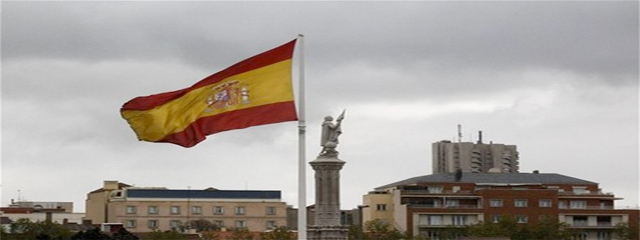There can be no doubt that this government inherited a dismal situation of rampant unemployment and huge public deficits. But it clumsily dealt with financial shortcomings fueling deep mistrust on the whole banking system. a financial debacle that wreaked havoc on the economy. Spain was barred from capital markets and barely escaped an economic debacle. The financial and sovereign debt crisis forced tapping on to the EU rescue fund in a desperate attempt to prevent the worse from happening. Only Draghi’s resolute stance last summer was able to defuse the crisis.
Attempts to address budget imbalances through tax increases, an unsparing slash in public investment and severe cuts in civil servants’ salaries, have yielded limited success, as such austerity measures depressed demand and economic activity. For all the efforts undertaken, fiscal consolidation is lagging behind, recession badly hitting receipts and swelling unemployment indemnities.
The major overhaul of labour relations increased competitiveness, as exports performance vividly shows. But the fast-track for facilitating layoffs put in place in such an adverse environment, only turned the dole queues much longer while confining hiring to short-term jobs. No wonder consumption has slumped and investment is crumbling.
Stepping out of recession will undoubtedly help economic agents to recover confidence. But growth will follow a rather mute pattern, as official figures point to GDP increases below 1% for the next two years, largely unfit for reversing the appalling record in employment. With 6 million people out of work, many are throwing the towel and refrain from searching jobs. The active population is markedly falling, exerting extra pressure on Social Security balance.
Up to now external demand has mitigated GDP decline. As imports recover after several years of free fall, domestic demand will have to take the lead. A task it can hardly perform as shrinking disposable income, severely hit by salary cuts and the looming danger of job losses, hinders consumption from recovering former levels. The low-key prospects do not contribute to propel investment out of its current protracted mood. Not to mention a public sector under severe strain in attempting to reduce imbalances. Thus, no growth driver with the potential to invigorate a frail demand is in sight. To make things worse, the high indebtedness level, both in the private and public sector, inhibits current expenditure and investment. Paying back the massive debt pileup might take a decade.
For years to come Spain’s GDP is likely to show a sluggish performance. While the end of recession deserves to be warmly welcome, overcoming the underlying problems facing the economy will take much longer.






Be the first to comment on "Spain steps out of recession"